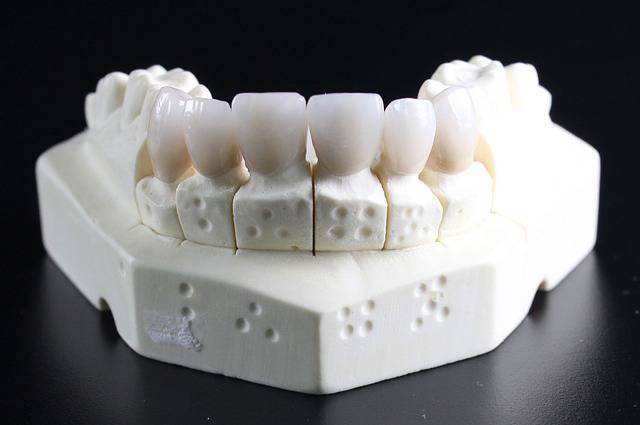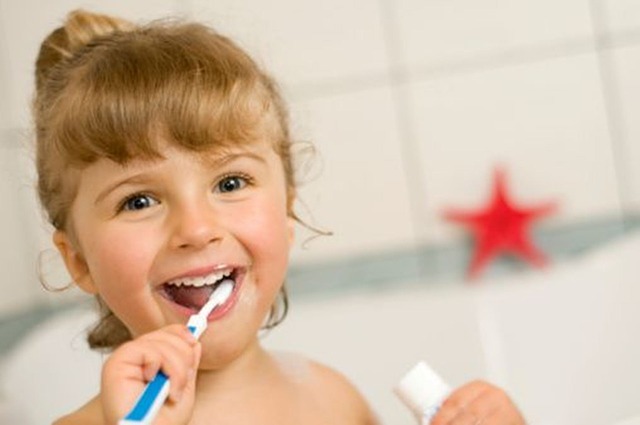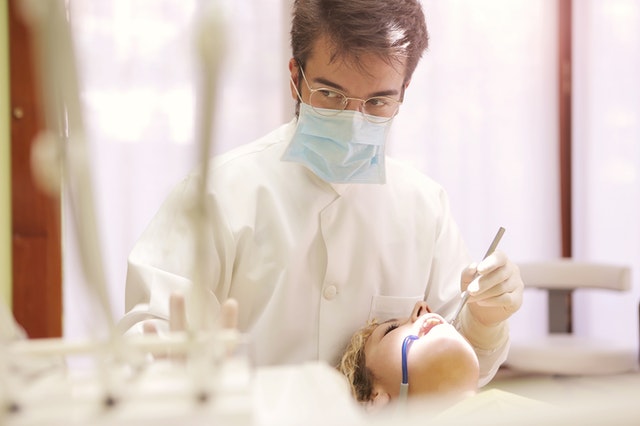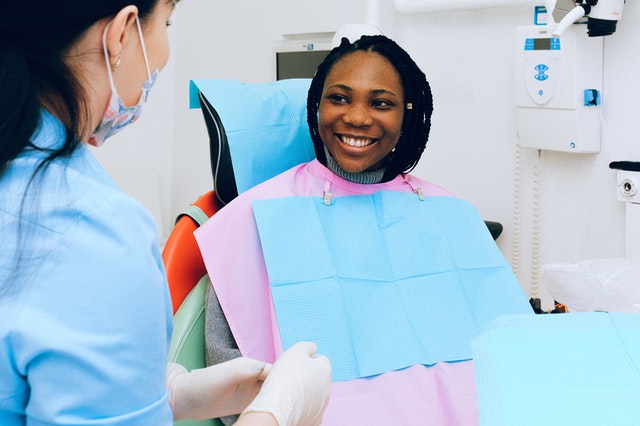Dental Care
Preventing Dental Disease in Pets: A Comprehensive Guide
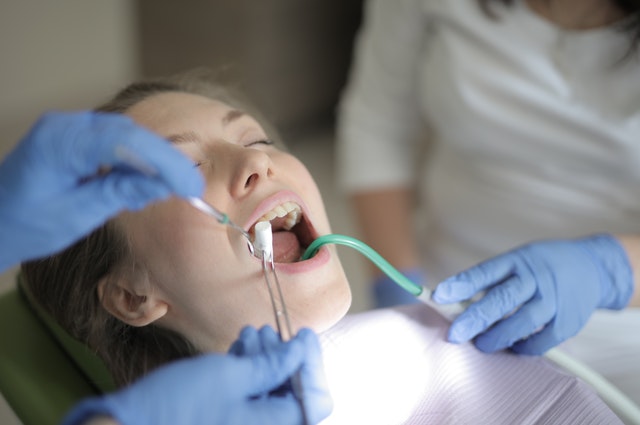
Learn how to prevent dental disease in pets with our comprehensive guide. Discover essential tips on brushing, dental chews, professional cleanings, and more to ensure your pet's oral and overall health.
Dental health is a crucial aspect of overall well-being for pets, just as it is for humans. Unfortunately, many pet owners overlook this important aspect, leading to a high prevalence of dental diseases among dogs, cats, and other companion animals. In this comprehensive guide, we will explore various methods to prevent dental disease in pets, including understanding the causes and symptoms, implementing preventive measures, and maintaining regular veterinary care.
What you need to know about Dental Disease in Pets
What is Dental Disease? Dental disease, also known as periodontal disease, is a condition affecting the gums and teeth. It starts with plaque formation on the teeth, which, if not removed, hardens into tartar. The accumulation of plaque and tartar can lead to inflammation of the gums (gingivitis) and, if untreated, progresses to periodontitis, which affects the tissues and bones supporting the teeth. Severe cases can result in tooth loss and systemic health issues. Common Dental Diseases in Pets- Plaque and Tartar Buildup: The primary culprits behind dental disease, plaque and tartar are formed from food particles, bacteria, and saliva. Regular removal is essential to prevent disease progression.
- Gingivitis: This is the early stage of gum disease characterized by red, swollen gums that may bleed easily. It is reversible with proper care.
- Periodontitis: An advanced form of gum disease where the structures supporting the teeth are damaged. It is not reversible and requires professional treatment.
- Tooth Resorption: Common in cats, this condition involves the loss of tooth structure due to the body’s response to chronic inflammation.
- Oral Tumors: Though less common, pets can develop benign or malignant growths in their mouths, affecting their dental health.
Symptoms of Dental Disease in Pets
Early detection of dental issues can make a significant difference in treatment outcomes. Common signs of dental disease in pets include:- Bad breath (halitosis)
- Red, swollen, or bleeding gums
- Yellow or brown tartar on teeth
- Difficulty eating or loss of appetite
- Drooling excessively
- Loose or missing teeth
- Pawing at the mouth or face
- Behavioral changes such as irritability or depression
Preventive Measures for Dental Disease in Pets
-
Regular Brushing
Brushing your pet’s teeth is the cornerstone of dental care. Daily brushing is ideal, but even a few times a week can significantly reduce plaque and tartar buildup. Use a toothbrush and toothpaste specifically designed for pets; human products can be harmful. Steps to Brush Your Pet’s Teeth:- Choose the Right Time: Pick a quiet time when your pet is relaxed.
- Use the Right Tools: Pet toothbrushes and toothpaste come in flavors appealing to pets, like poultry or beef.
- Start Slowly: Let your pet get used to the toothbrush and toothpaste by allowing them to lick and sniff them.
- Gentle Brushing: Lift your pet’s lips and brush the teeth and gum line gently in a circular motion.
- Positive Reinforcement: Reward your pet with treats and praise to create a positive association.
-
Dental Chews and Toys
Dental chews and toys are designed to help clean your pet’s teeth as they chew. They can reduce plaque and tartar and are a fun way for pets to maintain oral health. Look for products approved by the Veterinary Oral Health Council (VOHC) for effectiveness. -
Professional Dental Cleanings
Regular veterinary dental cleanings are essential for maintaining your pet’s dental health. These cleanings are more thorough than home care and can address issues not visible to the naked eye. Most veterinarians recommend annual cleanings, though some pets may need them more frequently. -
Special Dental Diets
Some pet foods are formulated to promote dental health. These diets work by reducing plaque and tartar buildup through the mechanical action of chewing or by containing ingredients that prevent plaque from hardening into tartar. -
Water Additives and Oral Sprays
Water additives and oral sprays can help reduce bacteria in the mouth, freshen breath, and reduce plaque and tartar buildup. These products are easy to use and can be added to your pet’s daily routine.
Maintaining Regular Veterinary Care
-
Regular Check-Ups
Regular veterinary check-ups are crucial for early detection and prevention of dental disease. During these visits, the veterinarian will examine your pet’s mouth, teeth, and gums, and may recommend professional cleanings or other treatments if necessary. -
Professional Cleanings
As mentioned, professional cleanings are essential for maintaining dental health. These procedures typically involve anesthesia to ensure thorough cleaning and examination. The veterinarian will remove plaque and tartar, polish the teeth, and may take dental x-rays to assess the health of the tooth roots and surrounding bone. -
Addressing Dental Issues Promptly
If you notice any signs of dental disease, it’s essential to seek veterinary care promptly. Early intervention can prevent the progression of the disease and reduce the risk of complications.
Special Considerations for Different Types of Pets
Dogs Dogs are prone to dental disease, especially smaller breeds with crowded teeth. Regular brushing, dental chews, and professional cleanings are essential. Some breeds, like Greyhounds and Dachshunds, are more susceptible to dental issues and may require more frequent dental care. Cats Cats are also at risk for dental disease, particularly tooth resorption. Regular brushing, dental diets, and professional cleanings are vital. Look out for signs like drooling, pawing at the mouth, or changes in eating behavior, as these can indicate dental problems. Find out: 5 Most Amazing Outstanding Dental Care Small Mammals (Rabbits, Guinea Pigs, etc.) Small mammals have continuously growing teeth and can develop dental issues if their teeth don’t wear down properly. Provide appropriate chew toys and a diet high in fibrous foods like hay to help maintain dental health. Regular veterinary check-ups are crucial to monitor their teeth. Birds Birds can develop dental issues, particularly in their beaks. Providing appropriate perches and toys can help keep their beaks healthy. Regular veterinary check-ups are essential to monitor for any dental or beak issues. Reptiles Reptiles, like lizards and turtles, can also develop dental issues. Providing a proper diet and environment can help prevent these problems. Regular veterinary check-ups are essential to monitor their dental health.Common Myths and Misconceptions about Pet Dental Health
-
Pets Don’t Need Their Teeth Brushed
This is one of the most common misconceptions. Just like humans, pets need regular brushing to prevent plaque and tartar buildup. Neglecting dental care can lead to serious health issues. -
Bad Breath is Normal in Pets
While some odor is normal, persistent bad breath can be a sign of dental disease. If your pet’s breath smells particularly foul, it’s essential to consult your veterinarian. -
Dry Food is Enough to Keep Teeth Clean
While dry food can help reduce plaque compared to wet food, it is not a substitute for regular brushing and professional cleanings. Dental-specific diets can be more effective but should be part of a comprehensive dental care routine. -
Anesthesia-Free Cleanings are Sufficient
Anesthesia-free cleanings may remove some visible plaque and tartar, but they do not address below-the-gum issues and can be stressful for the pet. Professional cleanings under anesthesia are more thorough and effective.
Advanced Dental Care for Pets
-
Dental Radiographs (X-Rays)
Dental radiographs are essential for diagnosing issues below the gum line, such as tooth root abscesses, bone loss, and tooth resorption. These issues are not visible during a standard dental examination and require x-rays for accurate diagnosis and treatment planning. -
Periodontal Treatments
Advanced periodontal treatments may be necessary for pets with severe gum disease. These treatments can include deep cleaning, root planing, and even surgical interventions to remove infected tissue and save teeth. -
Extractions
In cases where teeth are severely damaged or infected, extractions may be necessary. While this can be a difficult decision for pet owners, it is often the best course of action to prevent pain and further health issues for the pet. -
Orthodontics
Some pets may require orthodontic treatment to correct misaligned teeth, which can contribute to dental disease. Veterinary orthodontics can include braces or other devices to align the teeth properly and prevent future dental issues.
Home Care Tips for Maintaining Pet Dental Health
-
Establish a Routine
Start dental care early and make it a regular part of your pet’s routine. Consistency is key to preventing dental disease. -
Use Appropriate Products
Always use pet-specific dental products. Human toothpaste and toothbrushes can be harmful to pets. There are many products available designed specifically for pet dental care. -
Monitor Your Pet’s Mouth
Regularly check your pet’s mouth for signs of dental issues, such as bad breath, red or swollen gums, or loose teeth. Early detection can make a significant difference in treatment outcomes. -
Provide a Balanced Diet
A balanced diet is essential for overall health, including dental health. Choose high-quality pet food and consider dental-specific diets if recommended by your veterinarian. -
Encourage Chewing
Provide dental chews and toys that promote healthy chewing habits. These can help reduce plaque and tartar buildup and keep your pet’s teeth clean.
The Role of Genetics in Pet Dental Health
Genetics can play a significant role in a pet’s dental health. Some breeds are more prone to dental issues than others. Understanding your pet’s genetic predisposition can help you take proactive measures to prevent dental disease. Breeds Prone to Dental Issues- Small Dog Breeds: Breeds like Chihuahuas, Yorkies, and Pomeranians are more prone to dental issues due to their small mouths and crowded teeth.
- Brachycephalic Breeds: Breeds with short muzzles, like Bulldogs and Pugs, often have dental problems due to their unique skull structure.
- Certain Cat Breeds: Breeds like Persians and Siamese cats can be more prone to dental issues due to their facial structure.
The Connection Between Dental Health and Overall Health
Poor dental health can have significant impacts on a pet’s overall health. Bacteria from dental infections can enter the bloodstream and affect other organs, leading to serious health issues such as:- Heart Disease: Bacteria from dental disease can cause inflammation and infections in the heart valves.
- Kidney Disease: Chronic inflammation from dental disease can impact kidney function.
- Liver Disease: The liver can also be affected by bacteria from dental infections.
- Diabetes: Dental disease can make it more challenging to manage diabetes in pets.
Conclusion
Preventing dental disease in pets requires a comprehensive approach involving regular brushing, professional cleanings, a balanced diet, and regular veterinary check-ups. By being proactive and diligent in your pet’s dental care routine, you can help ensure they live a long, healthy, and happy life. Remember, dental health is a crucial aspect of your pet’s overall well-being, and taking steps to prevent dental disease is one of the best things you can do for your beloved companion.Additional Resources
For more information on pet dental health, consider the following resources:- Veterinary Oral Health Council (VOHC): An organization that provides information on approved dental products for pets.
- American Veterinary Dental College (AVDC): Offers resources and information on veterinary dentistry.
- Your Veterinarian: Your primary resource for personalized advice and recommendations for your pet’s dental care.
FAQs
-
How often should I brush my pet’s teeth?
Ideally, you should brush your pet’s teeth daily. If that’s not possible, aim for at least a few times a week. -
What should I do if my pet resists tooth brushing?
Start slowly and make the experience positive. Use flavored toothpaste and be patient. Gradually increase the time spent brushing and reward your pet with treats and praise. -
Are dental chews a substitute for brushing?
No, dental chews can complement brushing but should not replace it. Regular brushing is essential for removing plaque and preventing tartar buildup. -
Can I use human toothpaste for my pet?
No, human toothpaste contains ingredients that can be harmful to pets. Always use toothpaste specifically designed for pets. -
How often should my pet have professional dental cleanings?
Most pets need professional cleanings annually, but some may require more frequent cleanings depending on their dental health. -
What are the signs of dental disease in pets?
Common signs include bad breath, red or swollen gums, yellow or brown tartar, difficulty eating, drooling, loose or missing teeth, and behavioral changes. -
Are certain breeds more prone to dental disease?
Yes, certain breeds, especially small dog breeds and brachycephalic breeds, are more prone to dental issues. Understanding your pet’s breed predispositions can help in managing their dental health.

